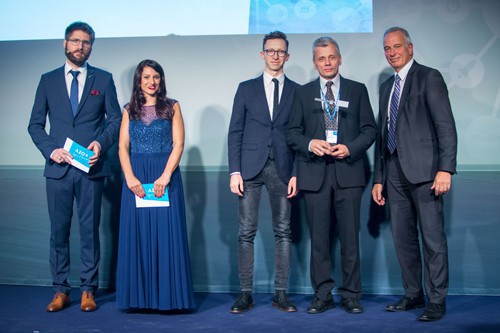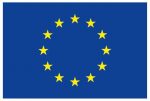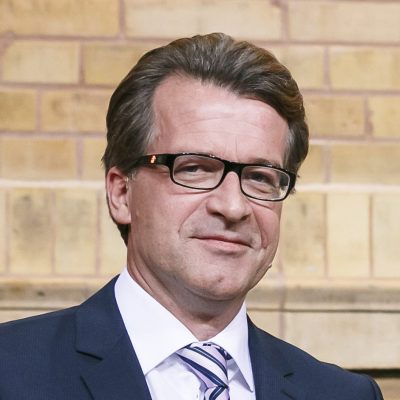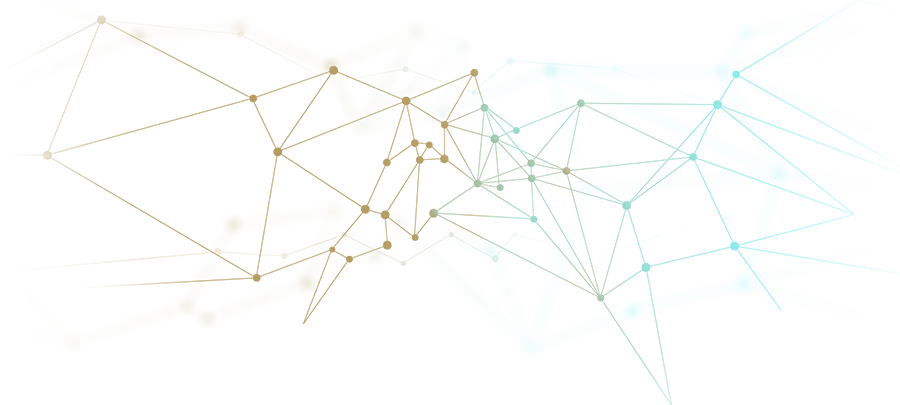Dr Saulius Rudys, Jurgis Aleksandravicius
TCAS (Traffic Collision Avoidance Systems) and ADS-B (Automatic Dependent Surveillance – Broadcast) systems are key components of flight safety. Designed for air traffic control and the prevention of aircraft collisions, these systems are susceptible to hacking. Spoofing and jamming ADS-B signals requires relatively little effort and no expensive equipment at all. To address ADS-B security issues, the team proposes a solution for authenticating received signals through amplitude/ phase analysis using the directional antenna systems of aircraft. In addition to improved security, the verification hardware and additional sensors involved make it possible to maintain ADS-B functionality without any space (i.e. GNSS) or ground infrastructure, which would be useful in worstcase scenarios (i.e. during extremely large coronal mass ejections). This idea thus provides the following benefits and improvements to ADS-B:
› Resistance to spoofing
› Resistance to jamming
› Functionality in worst-case scenarios (i.e. when no GNSS or other ground or space infrastructure is available)
› Potential to detect more planes
› No air drag on the additional antenna
Overall, these benefits can lead to marked improvements in flight safety.
Contact:
rudys@elmika.com
rfk.ff.vu.lt/index_eng.htm
The Expertise:
«The winners, Dr Saulius Rudys and Jurgis Aleksandravicius, address cyber security in aviation as an upcoming core issue with perfect fit to the focus of the DLR Special Prize on 2017.
The idea presents a promising evolution of the existing ADS-B (Automatic Dependent Surveillance – Broadcast) system already available today. These benefits can lead to marked improvements in flight safety while also taking into account the conservative security regulations in air traffic. Therefore DLR appreciates this approach as it represents a robust, feasible and affordable solution.»
Robert Klarner
Technology Marketing, German Aerospace Center (DLR)







